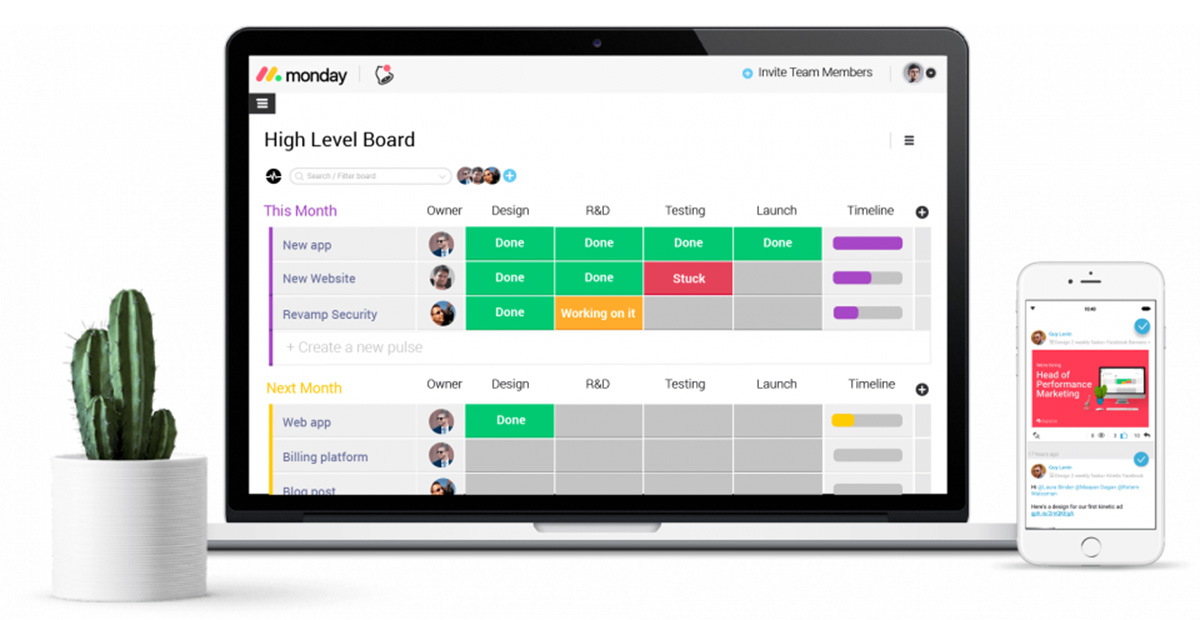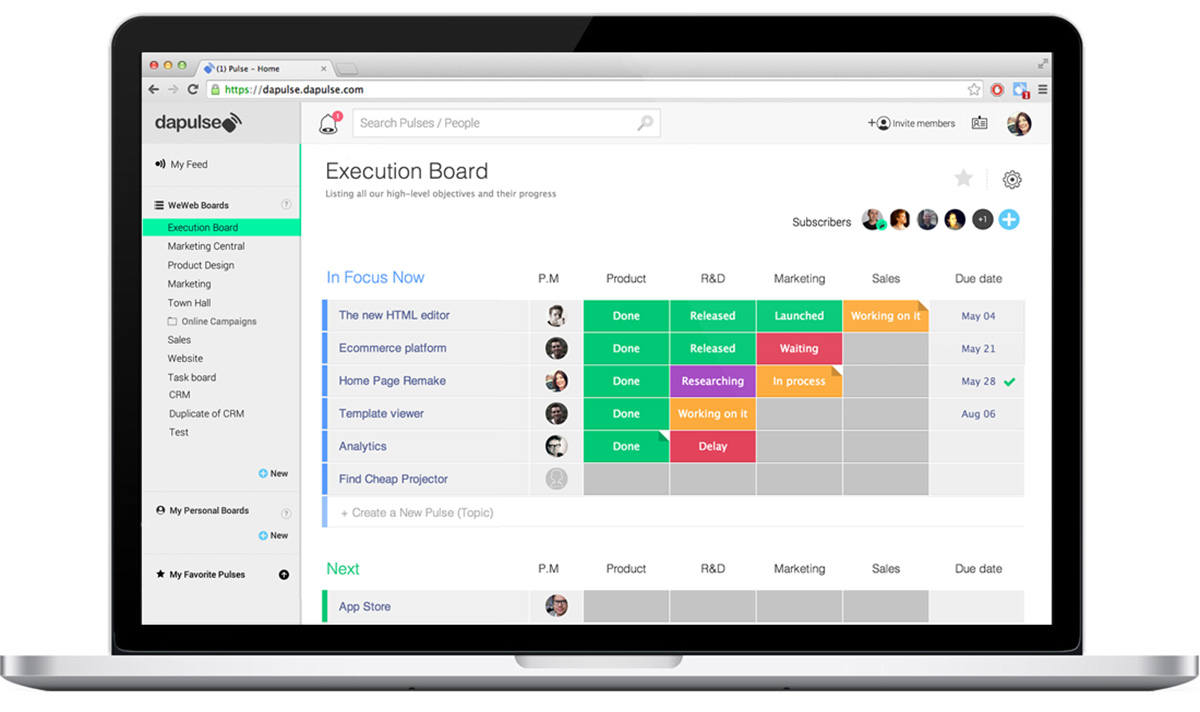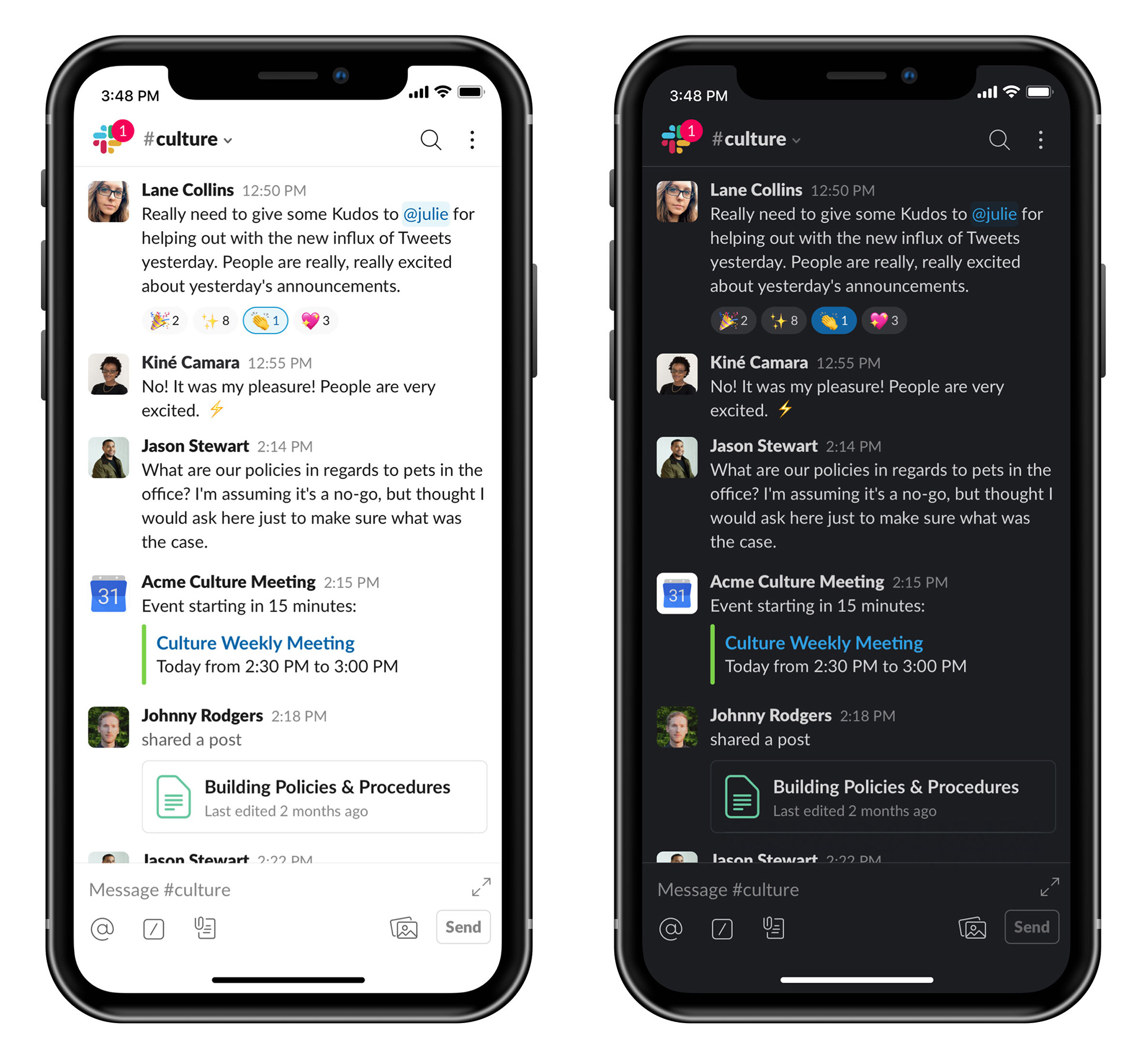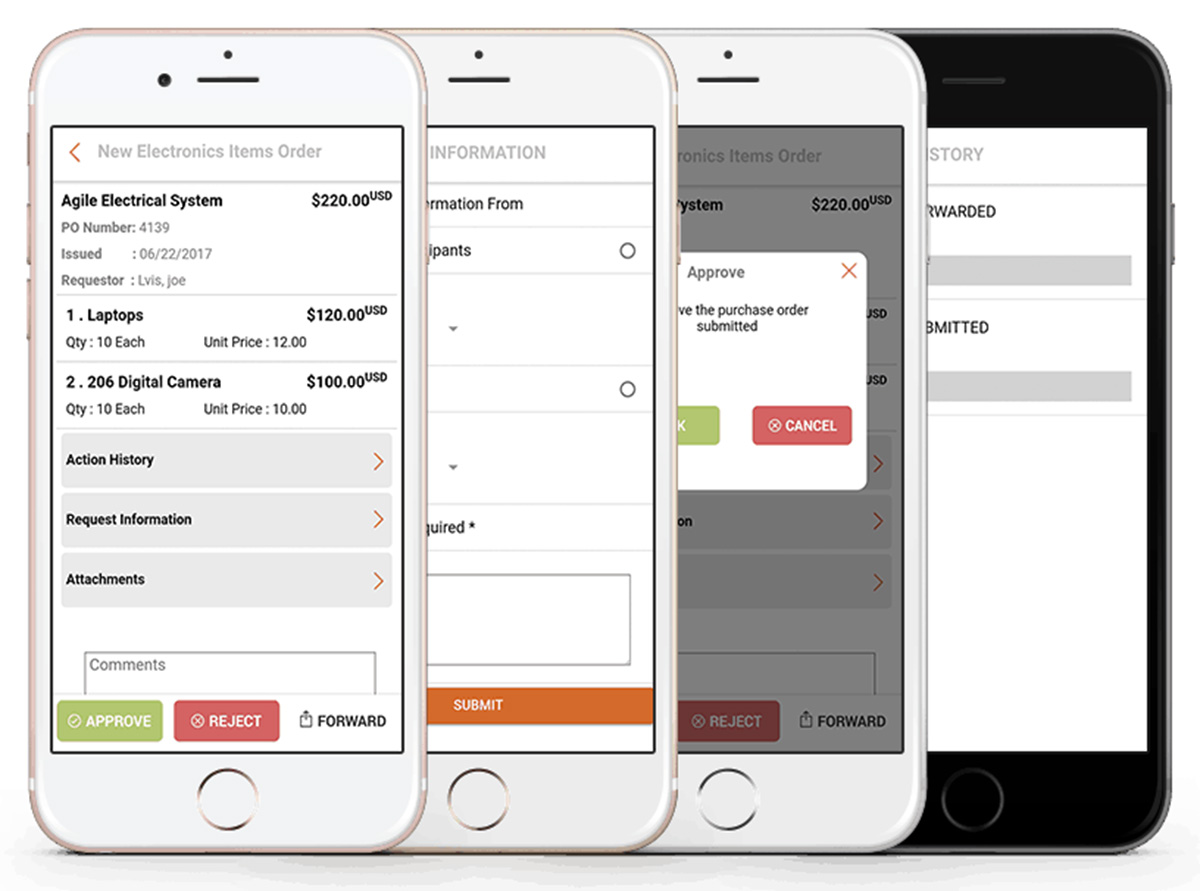Digital Legacies: History
by Julius WiedemannMar 31, 2022
•make your fridays matter with a well-read weekend
by Julius WiedemannPublished on : Jan 18, 2022
The building blocks of collaborative work are now a bunch of apps helping us understand processes that are beyond our capacity to look after. Sure, there are people who can manage more things than others, and definitely there are people who are more skilled in their cognition and have a passion to manage things. The question is, if the work is becoming more mental instead of becoming hand work, brick-and-mortar, we will need more help from digital systems to be able to expand our managerial capabilities, harness skill sets, and concentrate on our capacity to generate great ideas. The future will need other people with insights, that more often than not, come from information and associations that have been made available to us at work daily. At first, it all sounds simple, but most companies start like that. Even when they are crazy, ideas need organisations so that they can thrive in the hands of the right people.

From ClickUp to Monday, from Slack to Google Calendar, these types of applications have become a necessary building block for any new business. Monday, a platform for managing tasks and production, is now serving around 130,000 people around the world, in multiple languages and with 200 different business verticals. Slack has become a standard platform for internal communications at companies, both small and large ones. When people think that we have everything, something new comes up, and they will keep coming as long as there are unheard voices and pent-up demand. It has now over 10 million subscribers, three million of them being paying customers. It is not easy to become a standard platform, but today there are investors willing to put money down for disruptive ideas that seem so obvious, that the audience will grow with advertising, as well as organically, with the early adopters.

The entire technology sector has always lived in a dilemma - using technology to gain efficiency and therefore quality of life, or to keep working as crazy as before, but generating new possibilities of higher gains. The three phases that characterise the building of a company - nailing the business, growing the business, and sailing the business - can only be achieved if it’s organised enough for managers to be able to deal with unpredictable situations. A lot of people still think that planning ahead can be an exaggeration. But the only reason we need to plan ahead is because we need to make everything right so that we leave space for when things go wrong. Unpredictable situations take not only resources from a company, they also take away the mental space. And when managers understand the things are running and that they can measure things, trying to find a way out from difficult situation is much easier. The other point is that if you are not organised enough, you will never know where the problem is.

What these tools happen to foster is the entrepreneurial spirit, and the idea that anyone can start a business with little investment and can be organised to grow. Eventually, a lot of businesses will need investment, and the first two things required will be numbers, how the business is run, and the other is the team running the business. There is no such a difference between the physical and the digital world anymore. Even if you are producing handmade shoes with organic leather in the mountains of Tuscany, you will only be able to sell them if you use some sort of digital tools, even if we are only talking about email. The payments will be obligatory to go through digital channels.

On top of management applications, there are also complex systems to help with entire protection frameworks. From Oracle to SAP, companies need automated systems to receive and to make payments, to connect with accounting, to calculate taxes, expedite production, receive orders, to control stock, and so many other micro tasks that are now done by a software and will increasingly be boosted by machine learning and artificial intelligence. The backend has been completely outsourced. We usually underestimate the complexity of the systems because user interface has become easy to use and very intuitive. But make no mistake, behind a very small company there are now teams of thousands of people working tirelessly to give support to small businesses. One last example which I think is fascinating, is the templates for e-commerce. A friend of mine, who runs a product design studio, was building his own website to sell his products. I told him he was crazy and that he was supposed to use a template for the following reasons: firstly, because it is easier and cheaper to build, secondly would be the integration with payment methods and possibilities, and thirdly the upgrades, that go from security to privacy, from browser compatibility to new tools that appear now and then.

I am always amazed to see how fast we have evolved in the last years and have democratised tools that just a couple decades ago were completely unattainable for most people. And I always encourage people to research pre-made platforms and use those resources to their maximum. There are so many things to explore and to discover to be the next thing you want. And it is all available on a mobile phone.
Read more from the series Digital Legacies where our columnist Julius Wiedemann investigates the many aspects of digital life.
by Chahna Tank Oct 15, 2025
Dutch ecological artist-designer and founder of Woven Studio speaks to STIR about the perceived impact of his work in an age of environmental crises and climate change.
by Bansari Paghdar Oct 14, 2025
In his solo show, the American artist and designer showcases handcrafted furniture, lighting and products made from salvaged leather, beeswax and sheepskin.
by Aarthi Mohan Oct 13, 2025
The edition—spotlighting the theme Past. Present. Possible.—hopes to turn the city into a living canvas for collaboration, discovery and reflection.
by Anushka Sharma Oct 11, 2025
The Italian design studio shares insights into their hybrid gallery-workshop, their fascination with fibreglass and the ritualistic forms of their objects.
 surprise me!
surprise me!
make your fridays matter
SUBSCRIBEEnter your details to sign in
Don’t have an account?
Sign upOr you can sign in with
a single account for all
STIR platforms
All your bookmarks will be available across all your devices.
Stay STIRred
Already have an account?
Sign inOr you can sign up with
Tap on things that interests you.
Select the Conversation Category you would like to watch
Please enter your details and click submit.
Enter the 6-digit code sent at
Verification link sent to check your inbox or spam folder to complete sign up process



by Julius Wiedemann | Published on : Jan 18, 2022
What do you think?